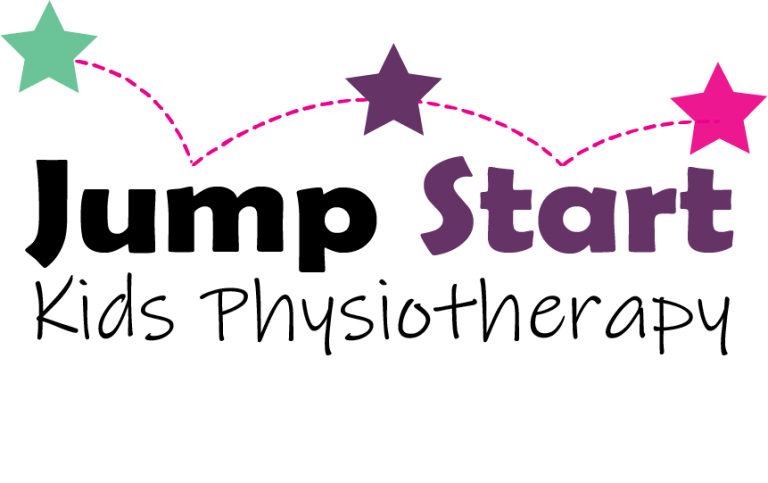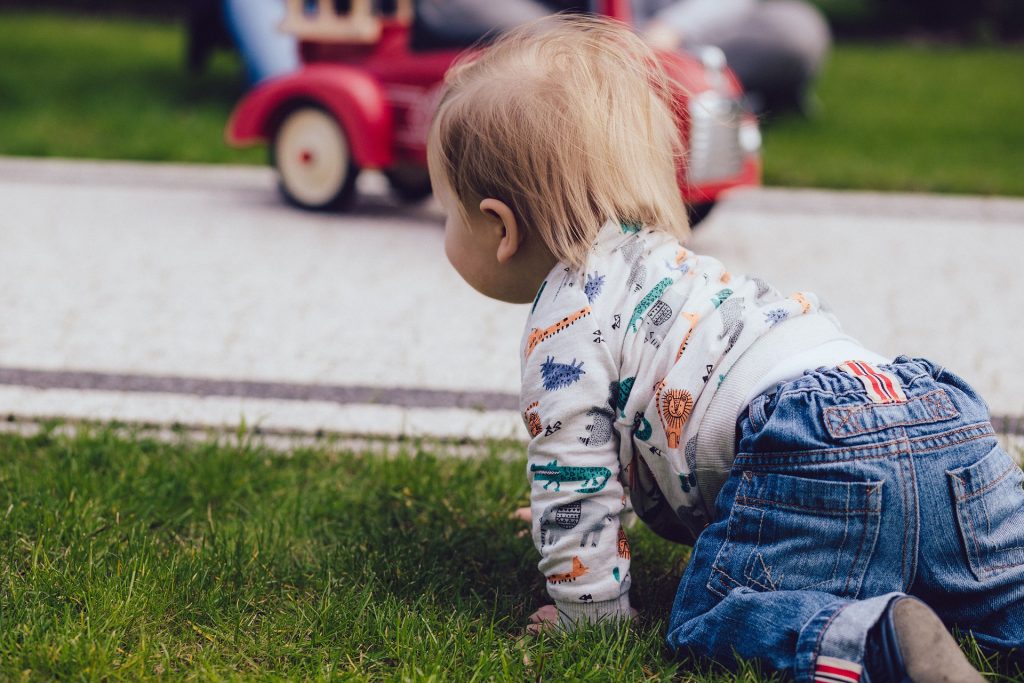Did you know that your core is not just made up of your abdominals? Your core is best described as a ‘can’. You have the diaphragm (the top of the can), the pelvic floor (at the bottom) and the abdominals/back muscles which make up the sides of the can and encompass it. These altogether make up your core. This is the same in adults and children.
Poor core strength in children can have a huge impact on their gross motor development. When a child learns to walk, run, jump, balance, and play sports they rely heavily on their core strength to give a strong foundation for movement to originate from. Let’s use the analogy of a table – with the legs being the child’s hands and feet and the table top being the trunk (imagine a child in a crawling position). If the table top is weak or ‘wobbly’, the table would collapse and the legs would splay out and not be effective in holding it up. Similarly, if a child has a weak core, they may find crawling on the ground difficult and their arms and legs would not function optimally. A strong table top (core) would help the legs to do their job and would provide an overall sturdy fixture.
When a child has a strong core, they are able to coordinate their arms and legs with ease due to a sturdy base. This is seen in all positions including upright. Let’s use the example of a child swinging a bat. If their core/trunk is weak and unstable, it makes swinging the bat very difficult as the base is moveable. A strong and unmoveable base creates a solid foundation to swing the bat which improves the efficiency of the swing. This also assists hand eye coordination and balance in the process. All movements require core strength and the stronger the core, the more efficient movements will be. A weak core can result in decreased endurance/stamina, poor posture, poor coordination, decreased balance, frequent falling and decreased hand eye coordination.
A dedicated core strengthening program can improve your child’s overall gross motor skills and help them to achieve goals. Paediatric physiotherapy specialises in core strengthening as well as implementing these in the context of patient goals and play-based therapy.

